Posts
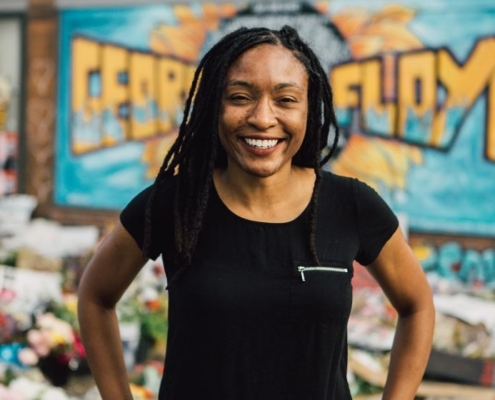
RSVP Now for the UCLA/Getty Program’s Distinguished Speaker Series Featuring Jeanelle Austin on June 4
Dr. Glenn Wharton
Chair, UCLA/Getty Program in the Conservation…
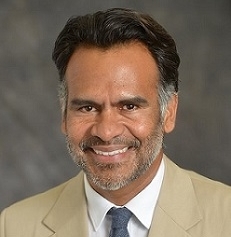
UCLA Professor Eric Avila Discusses How U.S. Infrastructure Historically Fostered Racial Inequality
Recently U.S. Transportation Secretary Pete Buttigieg said, "There…
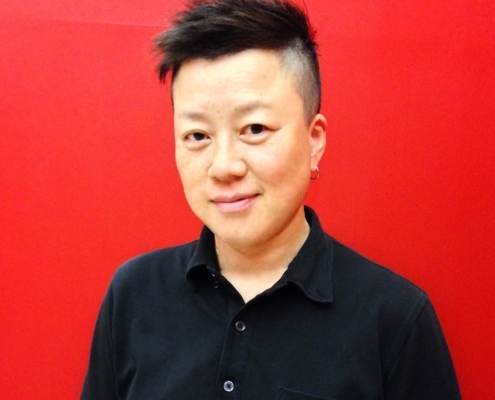
UCLA Presents “Feminist Politics in Korea & The Korean Diaspora Conversations” Series
UCLA Gender Studies presents a series of public-facing conversations…
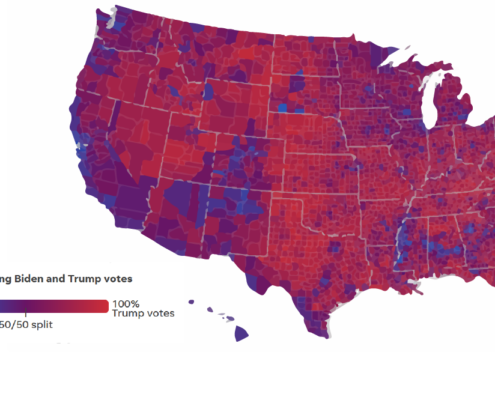
LA Social Science 2021 Summer Course Previews: Web Development and GIS for Social Change in Asian American Studies
As summer 2021 approaches, LA Social Science will be highlighting…
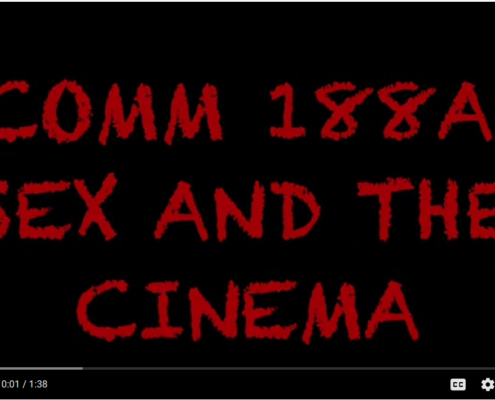
LA Social Science 2021 Summer Course Previews: Sex and the Cinema (Comm 188A) w/ Professor Hurwitz
As summer 2021 approaches, LA Social Science will be highlighting…
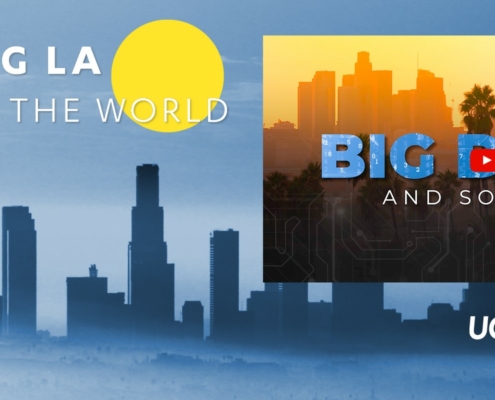
UCLA Division of Social Sciences Premieres “Big Data and Society” Video
In the UCLA Division of Social Sciences, we are dedicated to…

UCLA Big Data and Politics Seminar Series: The Prevalence and Sharing Patterns of ‘Fake News’ in the US in 2016 and 2020 on Friday, May 14
UCLA Big Data and Politics Seminar Series
The Prevalence and…
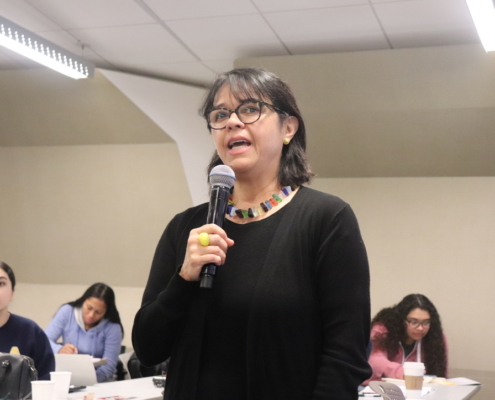
LA Social Science Presents “Immigration and the Media:” UCLA Students Investigate
LA Social Science is proud to present four research papers written…
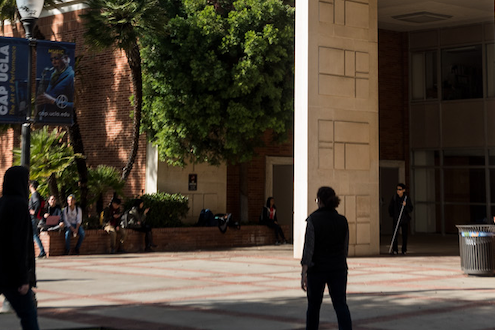
LA Social Science 2021 Summer Course Previews: Integrated Marketing Communications with Prof. Feramisco
As Summer 2021 approaches, LA Social Science will be highlighting…
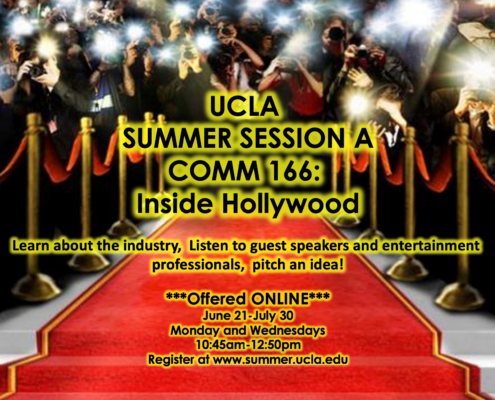
LA Social Science 2021 Summer Course Previews: Inside Hollywood with Professor Peterson
As Summer 2021 approaches, LA Social Science will be highlighting…

